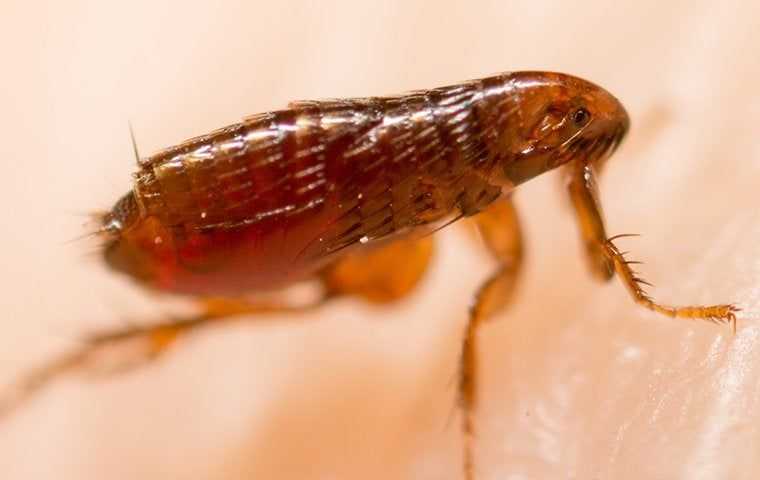


A member of our team will be in touch shortly to confirm your contact details or address questions you may have.

Why Choose Explorer Pest Management Inc?
-
Family Owned & Operated
-
Bonded & Insured
-
Customer Care Focused
-
Licensed & Certified Techs

Why do I have a flea problem?
Flea problems are likely to start on properties that have plenty of the things they love – animals or humans to feed on and easy hiding spots. Areas with an excess of light, movement, heat, and carbon dioxide tend to attract fleas, as they look for all these items as an indicator suitable hosts for feeding are nearby.
Natural flea treatment involves reducing and removing these factors to make your property less hospitable to fleas. It's also important to vacuum and wash pet bedding regularly to pick up any stray fleas that have made their way inside or flea eggs that have been laid before an infestation has time to spread.


Hear From Our Happy Customers
At Explorer Pest Management Inc, your satisfaction is our priority! See for yourself what our customers have to say about working with us.
-
"Professional and informative!"
He treated the area and within the day we started seeing a reduction of bugs.
- CS -
"Thank you Explorer Pest Co!"
Very helpful with servicing our pest problems & promptly explaining.
- Delilah B. -
"Explorer Pest Management is a great company."
If you want a good job with a pleasant demeanor Jason is the Tech to request.
- Debra B. -
"Great service."
I would recommend them if you're looking for a service local to the area.
- Michael S.
.2510080813293.jpg)
.2507160551001.jpg)
.2504141052278.jpg)